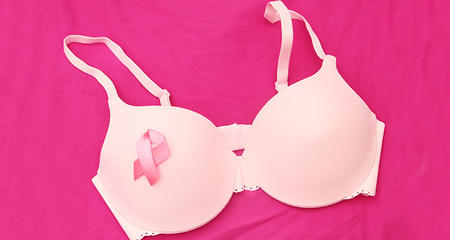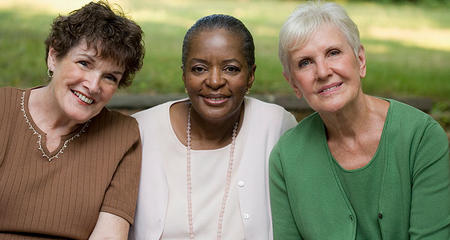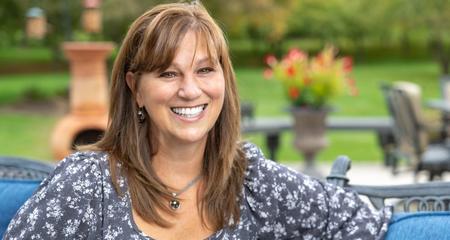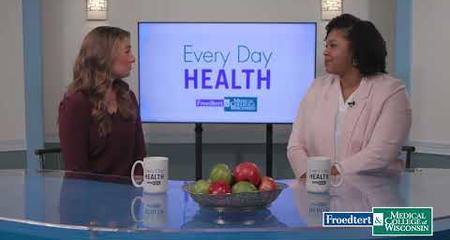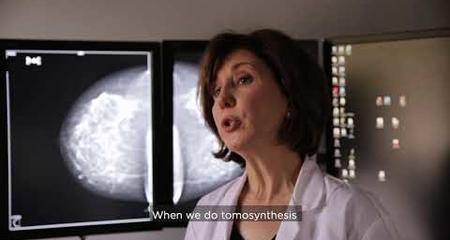A breast self-exam can be a valuable tool for some women. It can be part of a routine that includes age and health-appropriate mammography.
There are a number of good reasons women may consider doing breast self-exams. The goal of the breast self-exam is to learn how your breasts normally look and feel so you are aware of any changes and can report them to your doctor immediately. Talk with your doctor to explore if doing breast self-exams is right for you.
Although clinical exams and mammography are proven and significant tools in early detection, there are some breast tissue changes — a small percentage — that are not visible on a mammogram but will be detected by a woman or her doctor or clinician through a physical exam. Many women with breast cancer that is found and treated early have good outcomes.
If you find a lump, don’t panic: About 80% of breast lumps are not cancer. They can also be cysts, or changes due to hormonal shifts or an injury. It is still important to have your doctor or clinician evaluate changes.
If you decide to do breast self-exams, talk with your doctor or clinician to learn the technique.
Mammograms and the COVID-19 Vaccine – What You Should Know
Swelling of the lymph nodes is a known side effect of the COVID-19 vaccine as well as other vaccines. Although it is temporary and not harmful, these enlarged lymph nodes may be seen on your mammogram. Because swollen lymph nodes can indicate breast cancer, we may call you back for additional evaluation and possible follow-up imaging.
Virtual Visits Are Available
Safe and convenient virtual visits by video let you get the care you need via a mobile device, tablet or computer wherever you are. We’ll gather your medical records for you and get our experts’ input so we can offer treatment options without an in-person visit. To schedule a virtual visit, call 1-866-680-0505.
More to Explore
